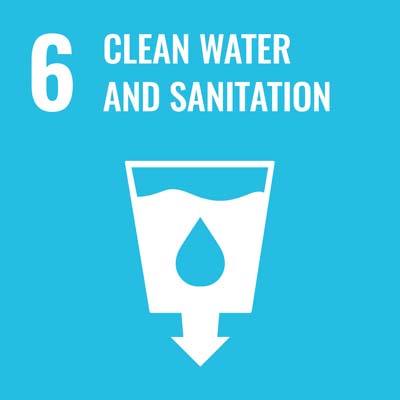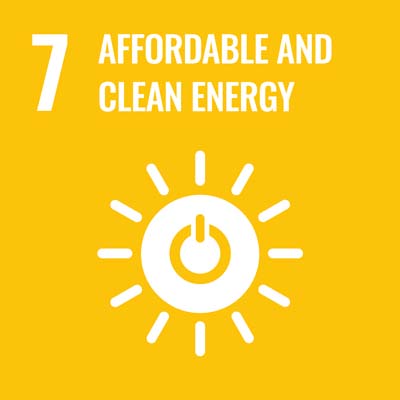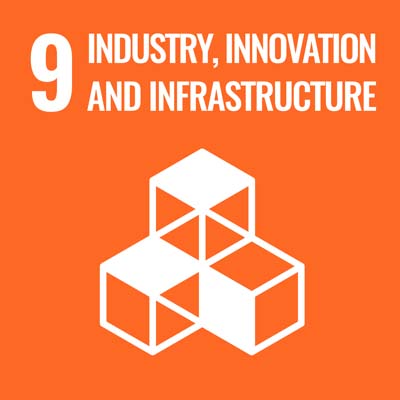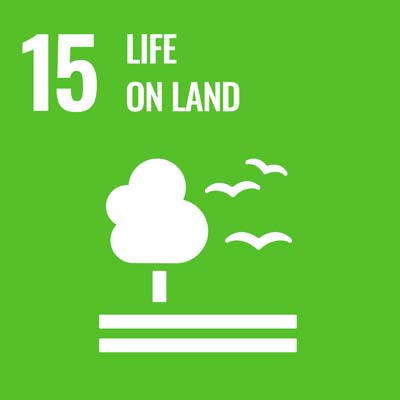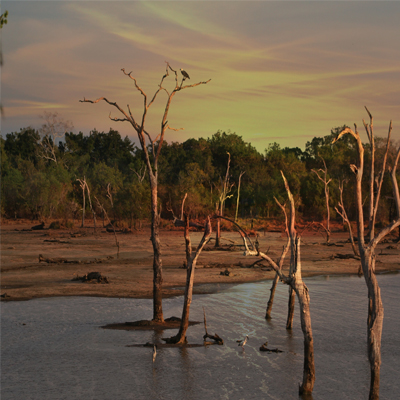- DatesDecember 2022-April 2023
- SponsorOfficial development assistance (ODA)
- Funded£48k
- PartnersUniversity of Free State, South Africa; University Mohammed VI Polytechnic, Morocco
The project assessed the impacts of drought and coping and adaptation measures taken by small and subsistence farmers in South Africa and Morocco, with an additional workshop with Moroccan policymakers.
The impacts on water, energy and food systems were reviewed. A novel technique called fuzzy cognitive mapping (FCM) was used with the farming communities. In several workshops, participants drew 'maps' of the connections between drought indicators to help the researchers understand their response to drought and how the impacts of drought cascade and interconnect.
Progress update
The findings so far suggest an under-explored connection between drought impacts and responses to energy systems, difference between genders into the view of drought impacts and experiences, and also data to help rank drought indicators in terms of relative importance.
